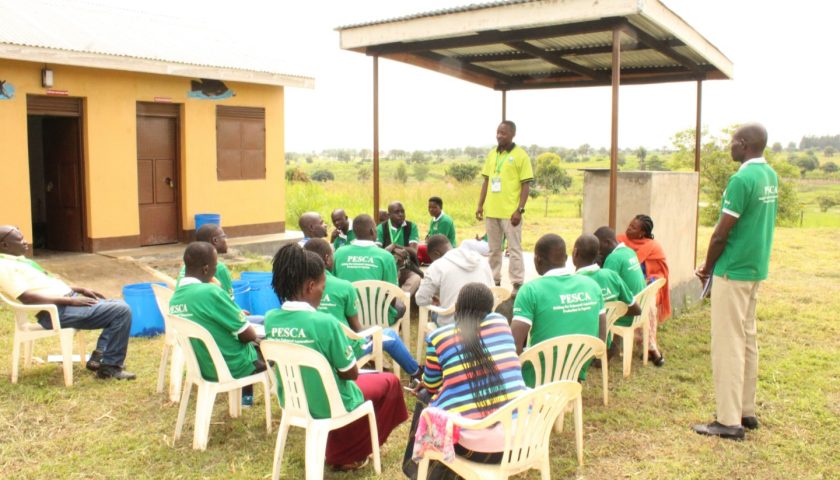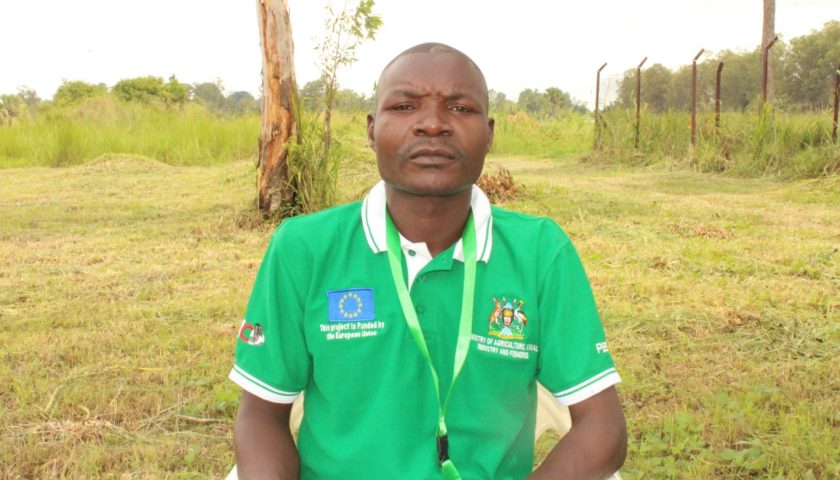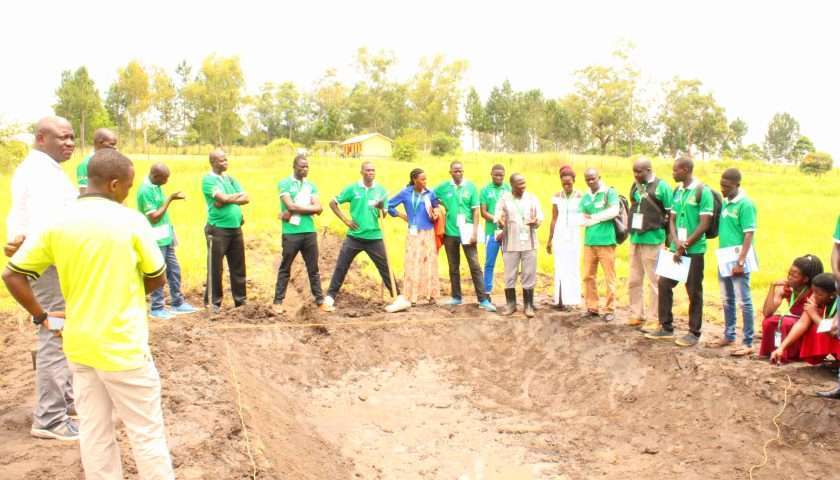At least 40 farmers from the northern districts of Gulu, Omoro, Nwoya, Amuru, and Amolatar have been equipped with skills in commercial fish farming.
In a bid to empower local farmers with extra farming skills for commercial benefit, the National Agriculture Research Organization (NARO) in collaboration with Makerere University (MAK) conducted a training from August 4th to 5th at Negri Aquaculture ‘Demonstration Farm’ in Negri Village in Gulu district.
The workshop held under the theme “Promoting Environmentally Sustainable Commercial Aquaculture in Uganda (PESCA) focused on among others, commercial aquaculture, fish seed production, and fish health.
According to Dr. Gertrude Atukunda, a Senior Research Officer on Socio-economic Development at NARO, the target is to see more value addition projects coming up in fish production.
In so doing, she said they want to equip local farmers with the necessary practical skills and also encourage them to engage in cooperative farming in order to boost their production.

“We intend to help fish farmers learn some necessary practical disciplines including; fish feeding, fish seed production and hatchery management techniques, fish diseases’ management, aquaculture production systems, commercial aquaculture for business purposes and others.”
Dr. Atukunda noted that Uganda is the third most producer of fish in Africa after Egypt and Nigeria respectively.
Dr. Juliet Nattabi Kigongo, a Lecturer at MAK- Department of Zoology and Entomology, said by 2030, Uganda needs one million tons of fish for both home consumption and export.
Nattabi who was also the lead field trainer remarked that apparently, Uganda has a deficiency of 28,000 tons of fish that should be produced through promoting local aquaculture.
“If we have fish farms then we shall be able to reduce the challenges faced with the dwindling stocks in the capture fisheries because the population is increasing and therefore there is need for more of the protein,” Nattabi noted.
She said in addition, to other benefits the fish economy is one of the biggest contributors to the country’s Gross Domestic Product (GDP).
“And remember fish is key in reducing malnutrition especially in children because of its cheap source of proteins so it’s really an important sector,” she added.
Farmers share their thoughts
Charles Ojara, a fish farmer from Amuru Town Council in Amuru District who commended the team of trainers said he hopes to utilise the knowledge acquired to improve on his yield return.
“I have got skills in fish hatching so I think I shall be able to hatch and supply young fishes into my neighboring districts, including other sub-regions beyond northern Uganda,” Ojara said.

Ojara also raised he has gained skills in fish marketing. “I have now learnt that fish should not be sold without first getting ready market,” he added.
Susan Anamani, a fish farmer from Yumbe District said she has learnt hands-on skill on hatchery and fish pond management that shall allow her to have better ponds for fish breeding.
Anamani said she is going to use the knowledge acquired to better her skills in fish pond construction.
David Othum, a youth fish farmer from Panyimur Sub- County, Nebbi District said he used to keep only a few fish in a single pond, but now that he has learnt new farming ventures, he hopes to go commercial.
Othum also stated that he has now learnt the benefits of record keeping. He noted that many farmers do not jot down farm records which makes it difficult to monitor their returns and losses.


